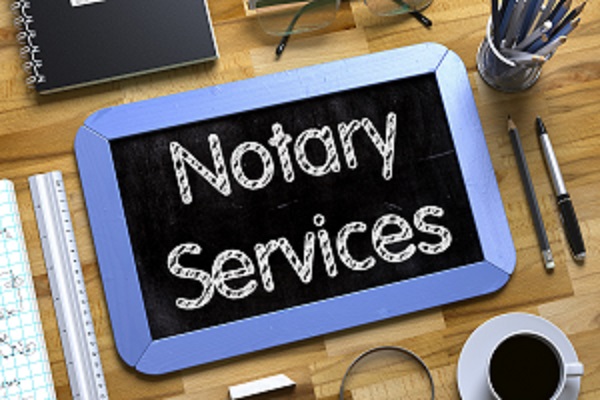
Patrons should call ahead to make sure a notary is available, and to confirm that they and their documents can meet the requirements for notary service. The library does not charge a fee to notarize documents.
Required for notary service:
A photo ID such as a driver’s license or passport
Form of ID with current address such as driver’s license, utility bill, etc.
Original document(s) to be notarized. (Do not complete vehicle title transfers in advance.)
Original signer(s) must be present and sign in the presence of the notary.
Note:
The library’s free notary service is intended for simple documents that do not require specialized expertise.
The library does not provide online notarization.
The notary cannot explain document content, provide advice, or assist in document completion.
The notary cannot pre-date or post-date any action.
A notary reserves the right to decline their services.
Notary services are provided at the library during library hours when the notary is scheduled to work. Patrons should call ahead.
Documents the library notary will not notarize:
Car title that is unusual or has already been signed by a seller who is not present, and/or a title with erasures, cross outs and/or white out, open titles.
Car title without buyer’s address and name. (state law requires this section to be completed)
I-9 Certifications (not considered a notarial act)
Medallion notary services (banks only)
Financial transactions
Financial Power of Attorney documents, or any related documents.
Healthcare Power of Attorney, or any related documents.
Real estate transactions including mortgage and housing refinance documents and quitclaim deeds.
Electronic notarizations.
Last Will and Testaments (They are not notarized in Ohio). They require two people to witness the testator’s signature.
Copies of vital records such as birth, marriage or death certificates, etc. The notary can notarize an Affidavit from the principal stating the record is a true and accurate copy of the original document.
Documents when the notary is named as a party to the underlying transaction, has a financial or beneficial interest in the transaction, is a signatory to a document, or is the document’s originator.
Items requiring a notarization oath in a language in which the notary is not fluent.
A notary cannot refuse to assist a disabled individual seeking services. For signers who do not speak English, use of a translator is permissible, but not recommended. However, the notary may use a translator app or professional translator. The notary must be able to communicate directly with the signer.
